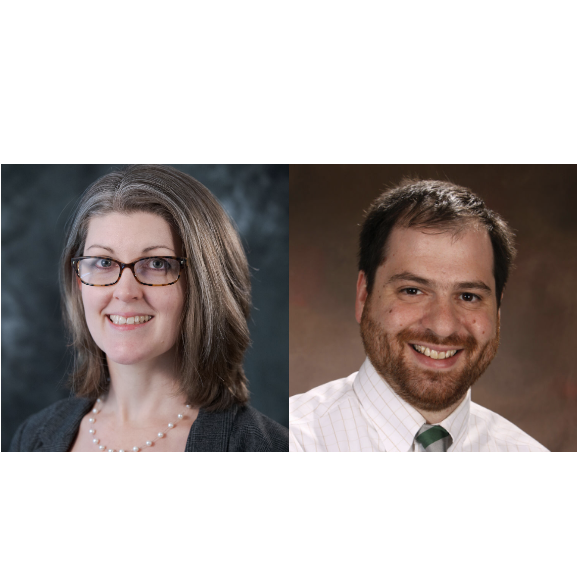Helping New Practitioners Flourish
One of the biggest barriers for new POGIL practitioners is adopting a classroom strategy that other educators in their grade or department might not use. Who can they talk to about student roles? Which activities work best? What should they do when students who are used to passive lectures revolt at the thought of group work?
Last year, The POGIL Project launched a new initiative called POGIL Learning Communities as an effort to overcome these challenges. Eleven participants from across the country attended a one-day POGIL workshop, then met monthly in small groups to share challenges and celebrate wins in the classroom. Participants who attended 75% of the meetings received a scholarship to pay for registration at an advanced POGIL workshop.
According to Teresa Bixby, co-chair of the Addressing Equity strategic working group, the results have been exciting. "The feedback from participants was super positive," said Bixby. "They felt supported, and they felt it was great to be able to talk to experts. It's one thing to go to a three-day POGIL workshop and be immersed. Then you go home, and you're like, 'Well, now how do I actually do this?'"
For Zarraz Quick, who taught Earth and Space Science and Biology at Raffles American School in Johor, Malaysia, the support from her Learning Community was essential to using POGIL in the classroom. "I was surprised and comforted that other practitioners were having similar issues," said Quick of discussing classroom activities with her cohort, including leader Shannon Wachowski.
"I liked that Learning Communities was not a one-time instructional workshop on 'how you should teach,' which is what I have experienced in many professional development courses," Quick continued. "The POGIL Project helps educators grow through demonstration and mentoring."
After a year of targeted support, Learning Community members like Quick have decided to stay for a second year of programming, narrowing their focus to writing and facilitating POGIL activities.
Bixby and her co-chair Michael Bruno also hope that participants will follow pathways into POGIL Project leadership. From ad-hoc committees to strategic working groups, The POGIL Project is seeking to diversify its volunteer base and become ever more inclusive.
"One of our long-term goals is to change the demographics of the people who are at the POGIL National Meeting, who are on the Steering Committee, who are participating in those resources," Bixby added. "A lot of the strategic planning? That's just us, as practitioners, volunteering our time, participating in the community to strengthen it and perpetuate it. We want you to be successful in your own practice, but we also want you to be a part of POGIL," she said of the Learning Communities members.
"My hope is that we will see participants at the National Meeting several years from now, or we'll see them at our conference, and that they will continue to be engaged in The Project," said Bruno. "We want them to be a part of this community, because it's such a rich one."
